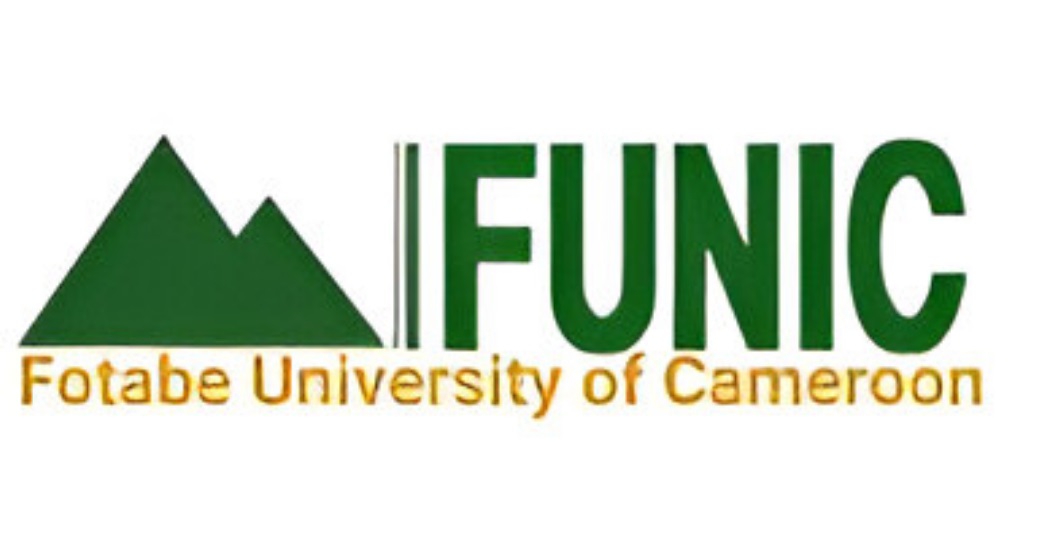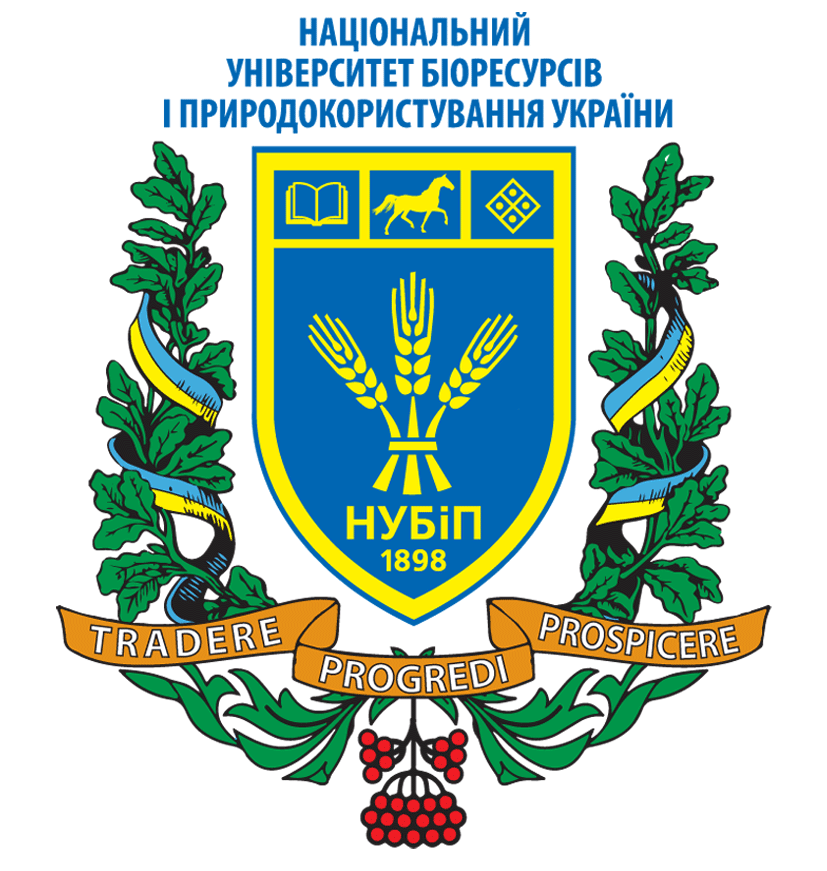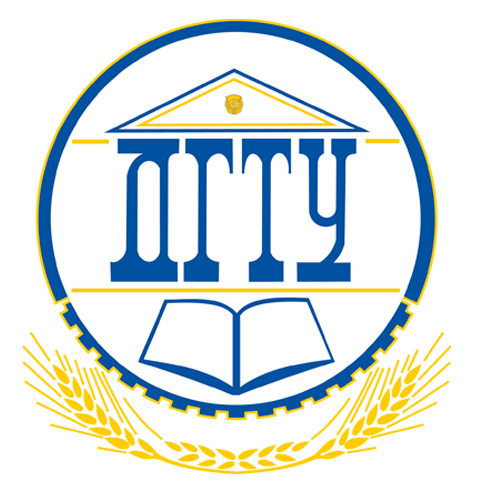Aim and Scope
Research Aim
The African Quarterly Social Science Review (AQSSR) aims to provide a dynamic and vibrant platform for the dissemination of peer-reviewed research articles and empirically driven works within the realm of social sciences. By embracing intellectual exploration and methodological rigor, AQSSR is committed to advancing knowledge and understanding, fostering a diverse exchange of ideas, and promoting scholarly inquiry that shapes discourse and drives progress across Africa and beyond.
Review Scope
AQSSR focuses on publishing multidisciplinary empirical research, meta-analyses, and systematic reviews spanning a wide range of social science disciplines. The journal seeks to uphold the highest standards of scholarship by welcoming contributions from the following domains:
Agricultural Sciences: Exploring crop science, sustainable agriculture, soil science, agricultural economics, and innovations in agricultural technology.
Anthropology: Exploring human societies, cultures, and their development.
Applied Chemistry: Exploring chemical engineering, industrial chemistry, environmental chemistry, and the development of new materials and chemical processes.
Applied Mathematics: Studying mathematical modeling, statistical applications, computational mathematics, and the application of mathematics in solving real-world problems.
Biological Sciences: Researching molecular biology, genetics, ecology, and evolutionary biology.
Business: Exploring organizational behavior, management strategies, marketing effectiveness, and business ethics.
Climate Change: Researching the impacts of climate change, mitigation and adaptation strategies, and policy responses to climate change.
Communication Studies: Examining human communication processes, media studies, and the impact of communication technologies on society.
Cultural Studies: Analyzing cultural phenomena, practices, and the impact of culture on social dynamics.
Sociology: Studying the development, structure, and functioning of human society.
Spatial Studies: Investigating geographic information systems (GIS), spatial analysis, spatial planning, and the spatial dimensions of social and environmental processes.
Development Studies: Exploring issues related to economic development, social change, poverty alleviation, global inequality, sustainable development, and human rights.
Economics: Analyzing economic theories, policy impacts, market behavior, and financial systems.
Education: Investigating educational methodologies, curriculum development, educational psychology, and the impact of educational policies on student outcomes.
English: Examining language acquisition, linguistics, literature, and the teaching of English as a second language.
Guidance and Counseling: Examining counseling techniques, psychological assessment, career counseling, and the impact of guidance services on personal and academic development.
Human Resource Management: Examining employee relations, talent acquisition, performance management, training and development, and HR ethics.
Kiswahili: Investigating Kiswahili linguistics, literature, cultural studies, and the teaching of Kiswahili as a second language.
Land Use: Examining land use patterns, land management practices, urban planning, and the effects of land use changes on the environment.
Logistics and Supply Chain Management: Investigating logistics optimization, supply chain resilience, inventory management, and global supply chain dynamics.
Peace and Security Studies: Researching conflict resolution, international relations, security policies, and the impact of peacekeeping missions.
Political Science: Investigating political systems, government policies, political behavior, and institutional frameworks.
Project Management: Examining project planning, execution, monitoring, and control, as well as methodologies, tools, and best practices for effective project management across various sectors.
Procurement: Studying procurement processes, supply chain management, strategic sourcing, and vendor relationship management.
Psychology: Investigating cognitive psychology, developmental psychology, clinical psychology, social psychology, and mental health interventions.
Public Administration: Exploring governmental policies, public sector management, administrative theory, and the functioning of public institutions.
Religious Studies: Exploring the sociocultural impact of religions, comparative religion, theology, and the role of religion in contemporary society.
Research Methods: Evaluating qualitative and quantitative research methodologies, mixed methods, statistical analysis, and research ethics.
Resilience: Studying community resilience, disaster risk reduction, resilience in social-ecological systems, and strategies to enhance resilience against various stressors.
Sociology: Studying the development, structure, and functioning of human society.
Spatial Studies: Investigating geographic information systems (GIS), spatial analysis, spatial planning, and the spatial dimensions of social and environmental processes.
NB: For social science disciplines not listed above, the author(s) should contact the journal for information (editor@africanreview.net or africanquarterlyreview@gmail.com) on their propensity to be reviewed and included in this or our other sister journals.
















